“Being kinder and more accepting – hopefully that’s what they would take into the future”: Sarah Irvine and Nicola McNamee on Tuesday at the Lyric Theatre Belfast for NT Connections
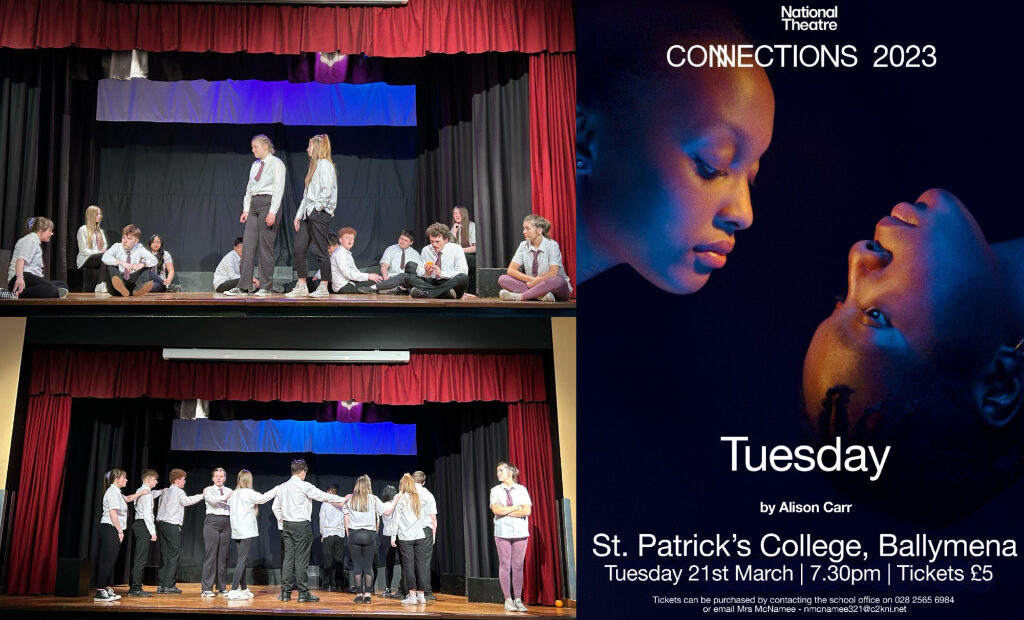
One of the schools chosen for the National Theatre’s Connections Festival, Saint Patrick’s College in Ballymena has continually cultivated performing arts talent through the years – from Hollywood actor Liam Neeson to C21 Theatre’s artistic director Stephen Kelly. With the rise in popularity of exploring multiverses (think the Marvel Cinematic Universe and Everything, Everywhere All at Once winning Best Picture at this year’s Academy Awards) playwright Alison Carr capitalises on this hot topic with Tuesday, an exploration of parallel universes and themes such as relationships, identity and forgiveness, commissioned for the festival.
The play will star Matthew Irvine (who just had his TV debut on the BBC series Hope Street) alongside a cast of talented students under the guidance of director Sarah Irvine and producer Nicola McNamee. The Upcoming caught up with the latter two in honour of Saint Patrick’s Day (celebrating the namesake of their school, ahead of their performance at the Lyric Theatre in Belfast) to discuss the process of applying for the festival, creative freedom given to the students, and lessons to learn from the play and the project.
What was the process like of entering the Connections Festival and how did the school get chosen for it?
Nicola McNamee: It started last May or June, I think. We had to fill in an application for it, which we thought was quite a simple process, but it turned out to be an arduous application. They were looking at what our students would gain from taking part in the project. We weren’t trying to convince them that we were amazing actors here or anything; we were trying to convince them that our children deserve the opportunity to participate in something that was bigger than what they normally do in school. Then, to our surprise and delight, we were chosen for it and then everything else was just put in place by the National Theatre. We’ve gone for training; we’ve gone to a lot of online workshops. Then there’s the contact with the Lyric Theatre, which is our partner theatre in Belfast. We’re just in the process of working with them, heading towards our performance on 24th March.
Did you two choose Tuesday together or was it assigned to you?
Sarah Irvine: We had a lot of scripts to read – I think there were ten in total. We read through them all, or we looked at cast lists to see if we could match the students that we would be working with. After reading a lot of them, we narrowed it down to three – or was it two?
NM: They gave you ten to choose from and you were allowed two choices. They then came back with the final choice.
SI: Tuesday was our first preference and we were lucky enough to be given it.
Parallel universes are a hot topic right now, with film franchises like the MCU covering it, DC and The Flash, Into the Spider-Verse, then Everything, Everywhere All at Once also winning an Oscar. Did you think that was something worth looking into, even in a small-scale production?
SI: I think it works well for this age group in particular, because there are so many films and video games at the minute that focus on multiverses and parallel universes. It engages the students as well. But, also, there’s a part in the script that kind of talks about a virus, which I think is quite relevant, since we’ve just gone through the Covid pandemic. It’s all about whether or not it’s contagious and you’re trying to get the other people away from you. I think it’s all very relevant to today.
NM: From my point of view, I felt that in the actual play itself there are lots of little couples. They are looking at a reflection of either their own personality or the other version of themselves in the other universe. It’s that exploration of, “If you’d been given different circumstances, would you be a different person?”. For example, there are two characters, Magpie and Ash, who are identical characters of each other. One of them has an issue and they steal things all the time, but then, throughout the play, you work out that it’s because they haven’t got attention from their parents. The other one in the other universe sort of looks and thinks, “I’d like to be more like you”. There’s that looking at “I want more of the bad life” or “I want more of the good life” and just trying to think about your conscience and what sort of person you actually are.
“It’s yours now” is what Alison Carr said to the performers of the play. How much freedom did you give the students to improvise or build their own characters?
SI: Certainly characters – a lot of freedom, because I feel that, as an actor, that’s entirely up to you and what your interpretation is of what the character is about. For sure, with their characters; I gave them a lot of freedom with that. With the direction of it, not so much. Because there are 16 of them, you have to get that nailed down pretty much straight away but, definitely, always take suggestions and work towards them. We had quite a lot of warm-up activities and workshops before we actually got stuck into the blocking of it all, in which we kind of talked about characters and things as well. A lot of their own characters they created themselves, maybe with a little bit of guidance.
Nicola: Sarah’s the director and I’m the producer. From her point of view, she does all the acting; from the point of the technical and design students that we have, they very much had to stick to things that are given in the play. Costume-wise, because it’s set during the school day, they were pretty much restricted to school uniforms, but then, when the sky opens up, there’s this lighting idea of changing colours and they had a wee bit more freedom there to experiment. We did quite a bit of experimentation with lighting, or with use of cloth, or whether we wanted to paint and all that sort of thing. Again, like Sarah with the production, a mix of the two things: they had plenty of scope for creativity, but they also had to stick with what was given in the script as well.
Whether your students or the cast go on to do performing arts for their careers or not, what do you hope they can take away from this play and this experience?
SI: Probably little bits of lots of things, like working with their friends, working on something not really education-based – it’s sort of an extracurricular thing, which is just put together purely for enjoyment and experience for them. Also, I think the fact that they’re essentially working in collaboration with one of the biggest theatres in the UK will be something huge that they can always take away and put on their CV and talk about in auditions. Hopefully, it will have been an enjoyable but also very useful experience for them.
NM: Anything that we do extracurricular-wise is about just enjoying the joy of performing arts, whether it’s music, or drama, or dance, or being in the production side of things. It’s about a sense of belonging and acceptance. This cast and crew are very much supportive of each other and work towards getting the best out of everyone. I think that’s something that you can take into any aspect of life, but particularly in the performing arts industry, which is sometimes a bit cutthroat. If they do go on to a career in it, maybe they can be the ones that change the mindset of being a little bit kinder, being a little bit more accepting. Hopefully that’s what they would take into the future.
Mae Trumata
Tuesday is part of The Connections Festival by the National Theatre and will open with this cast at Saint Patrick’s College Ballymena on 21st of March 2023, before moving to the Lyric Theatre, Belfast on 24th March 2023. For further information or to book visit the theatre’s website here.


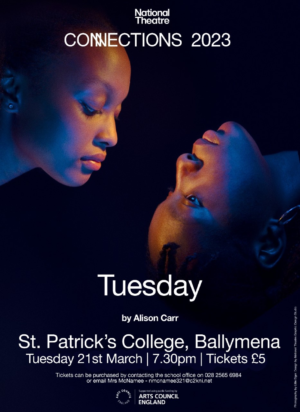
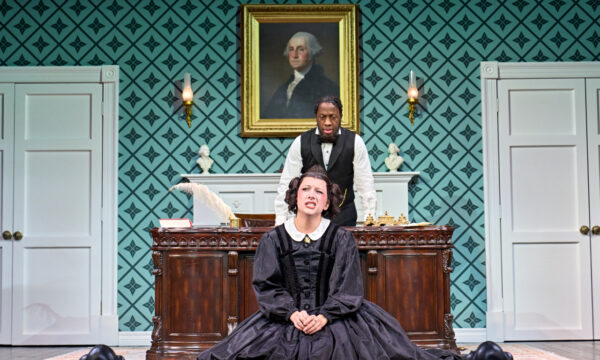
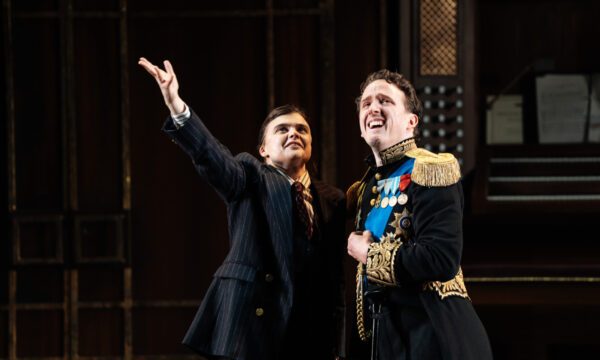

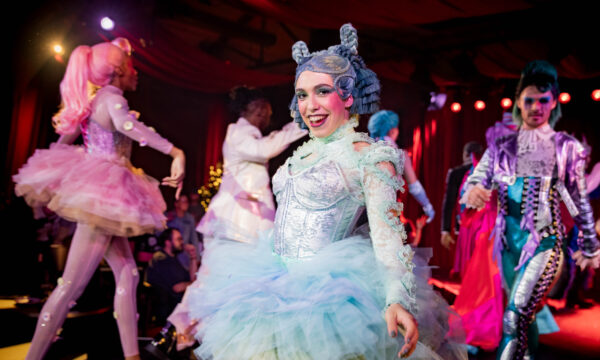
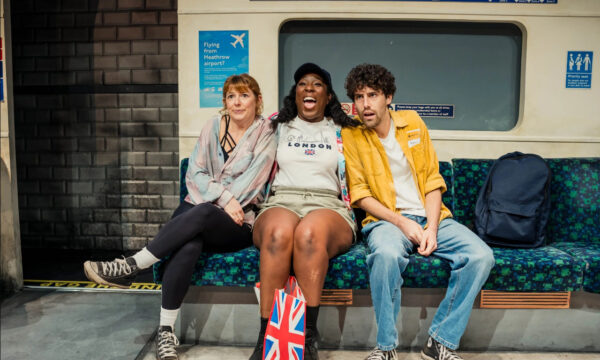
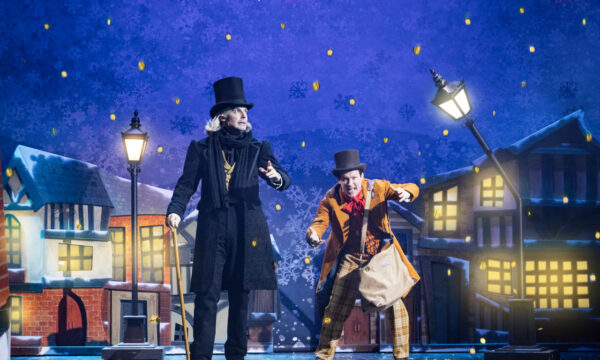
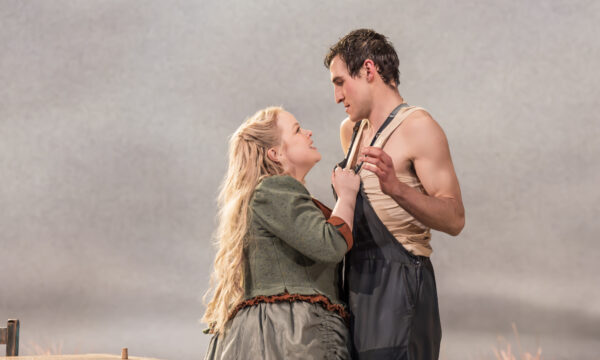

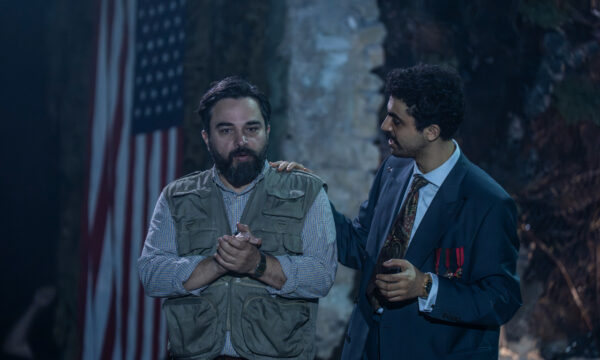


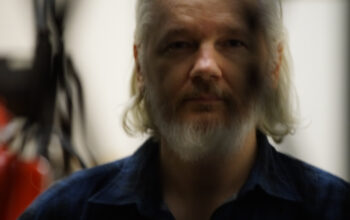
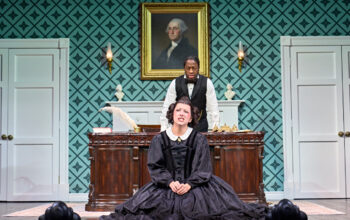
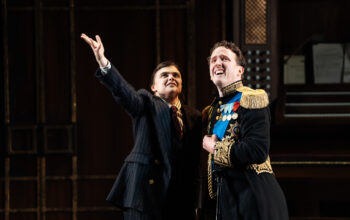
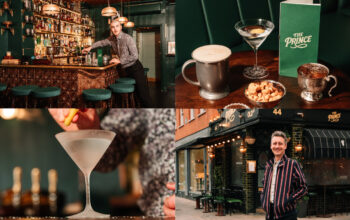
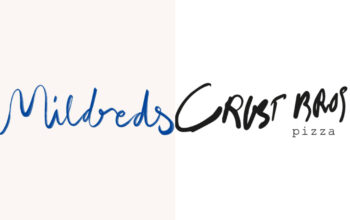
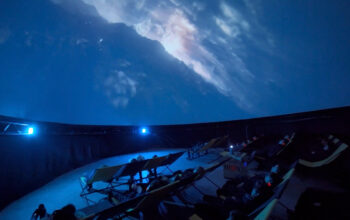



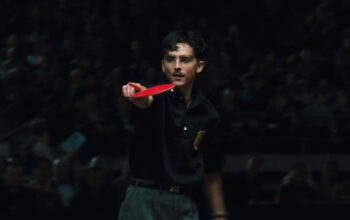



Facebook
Twitter
Instagram
YouTube
RSS